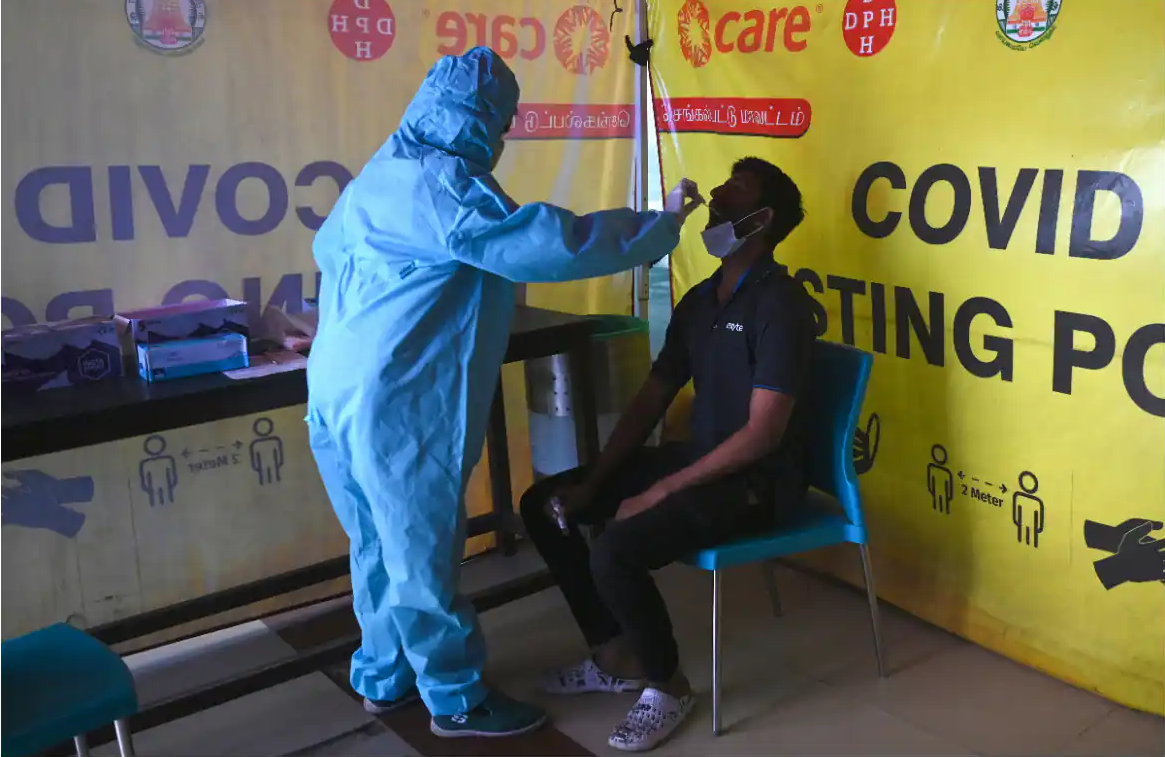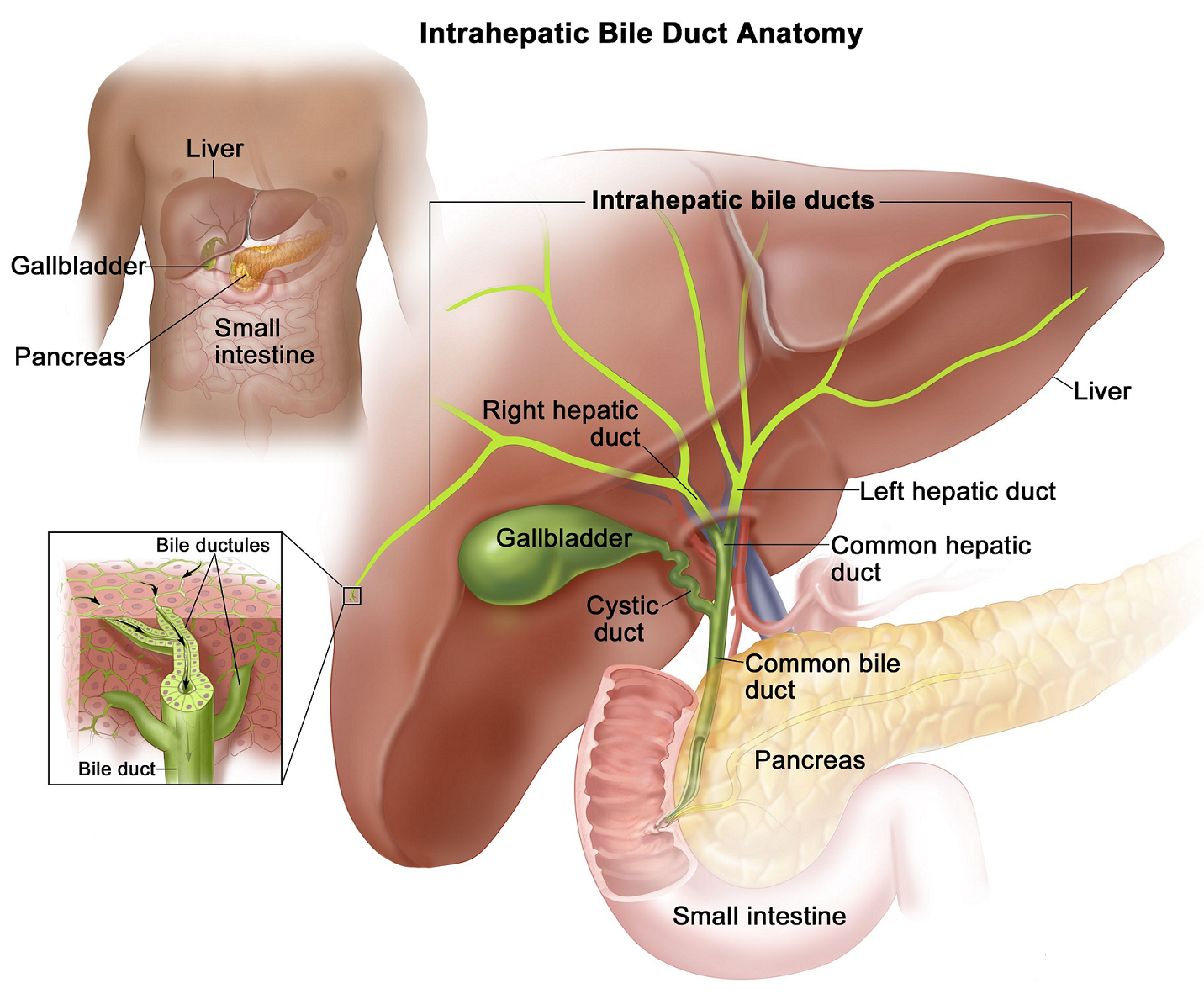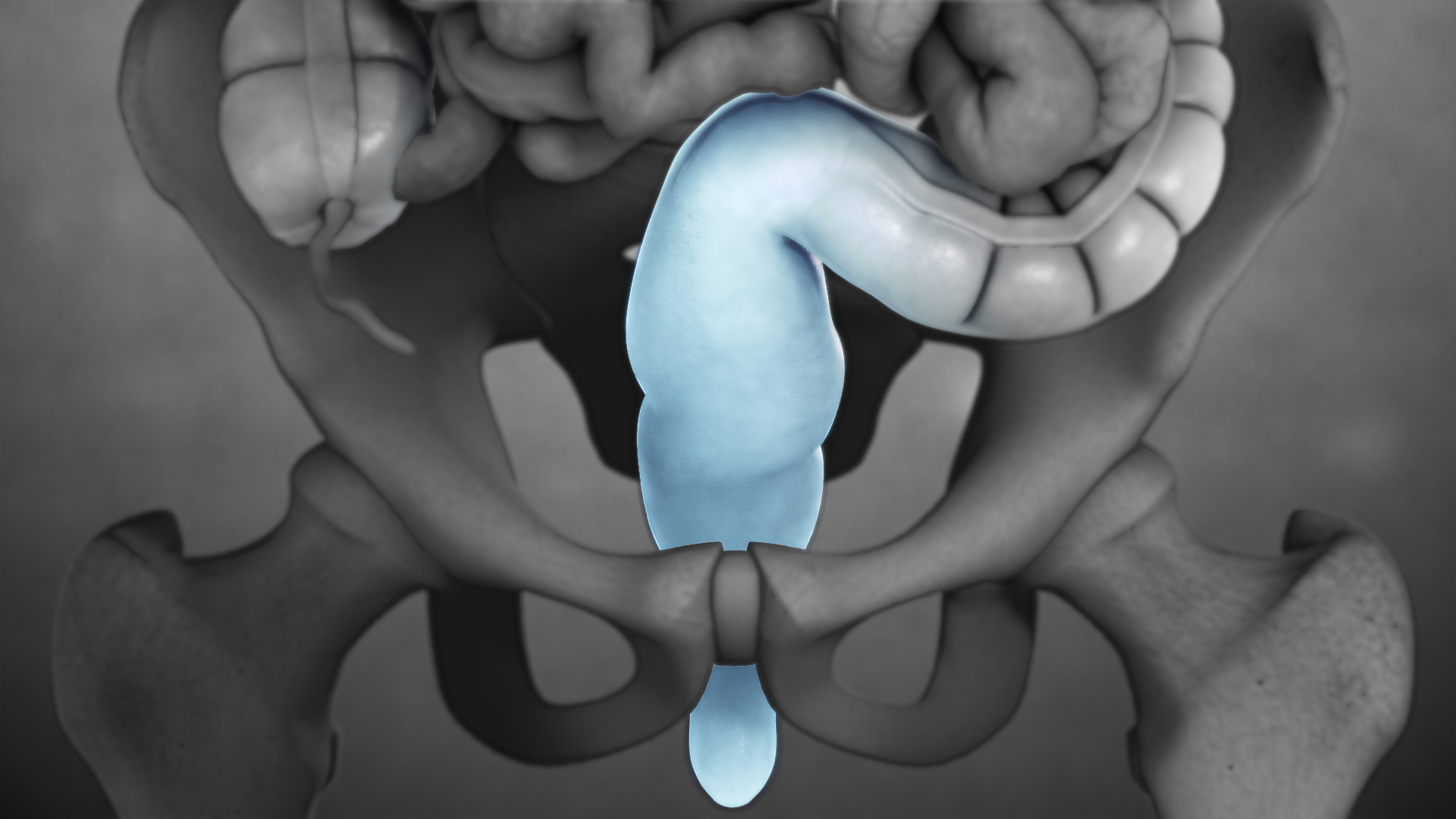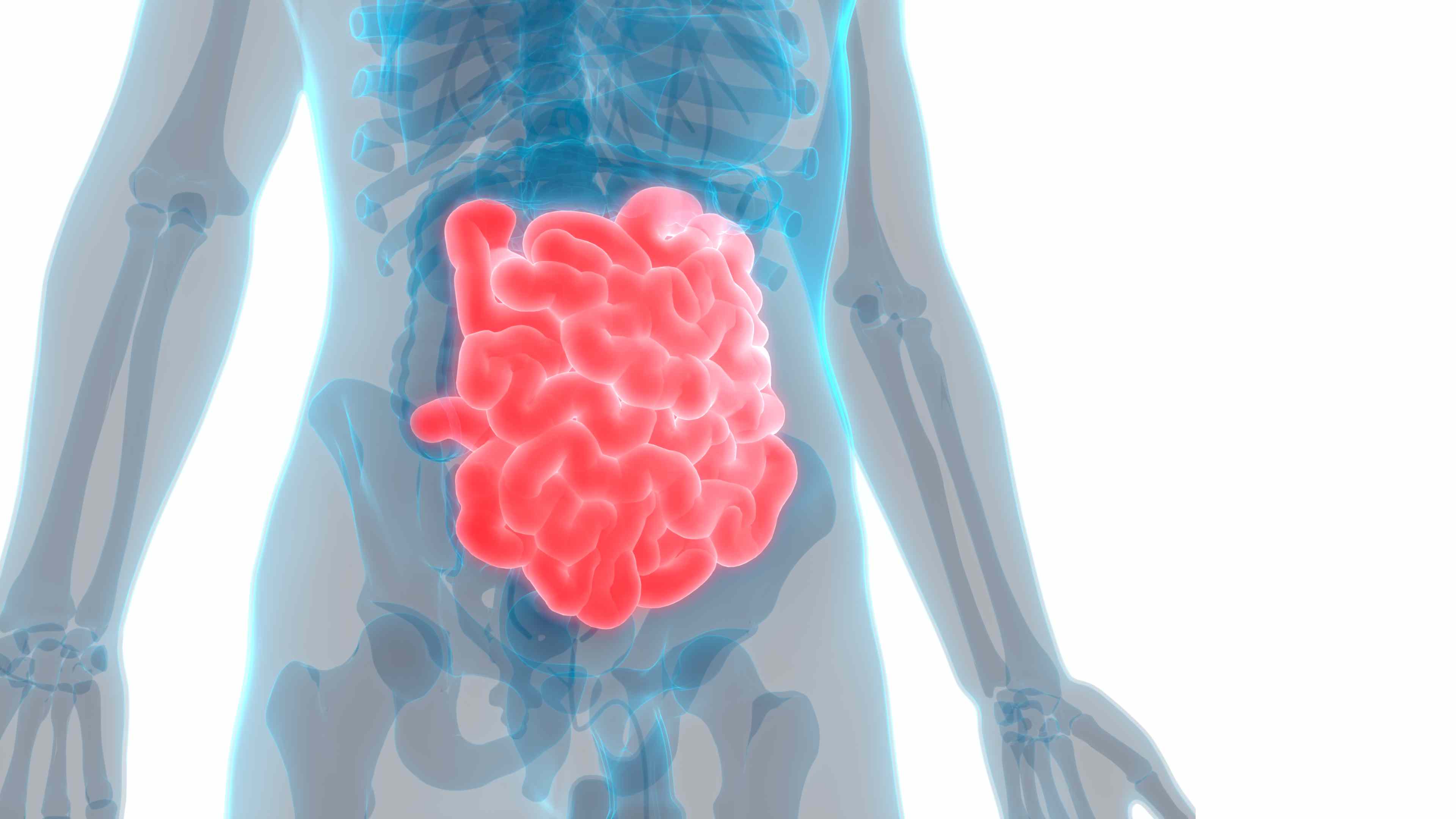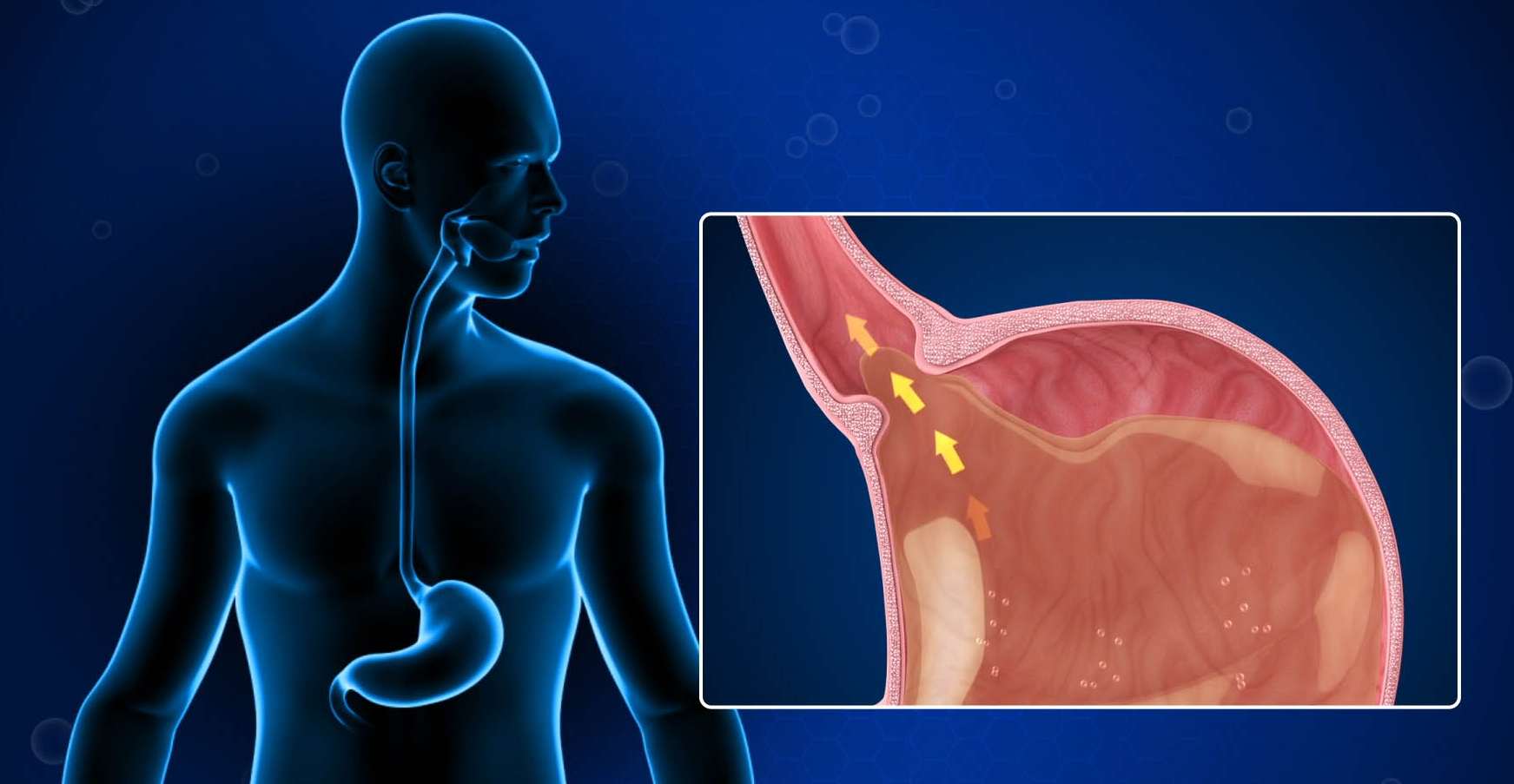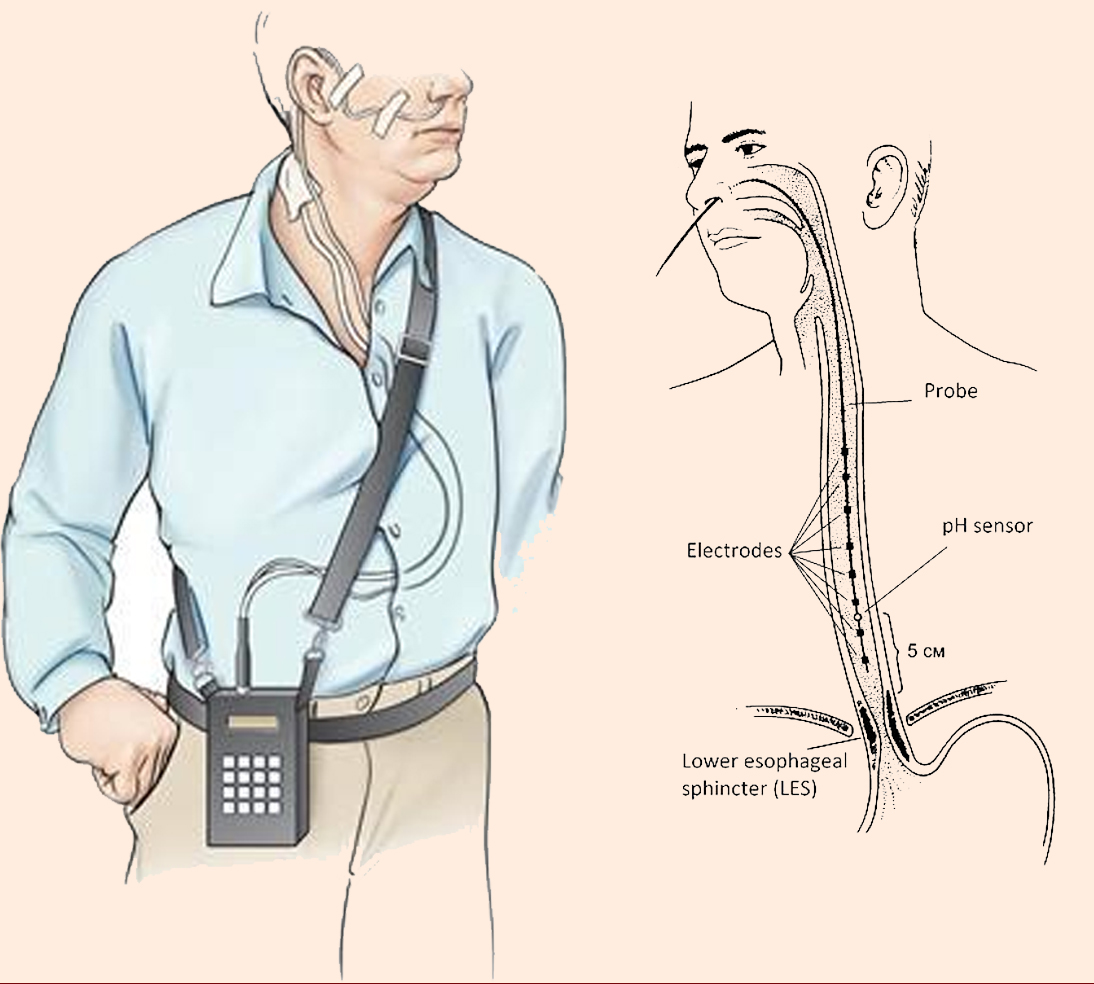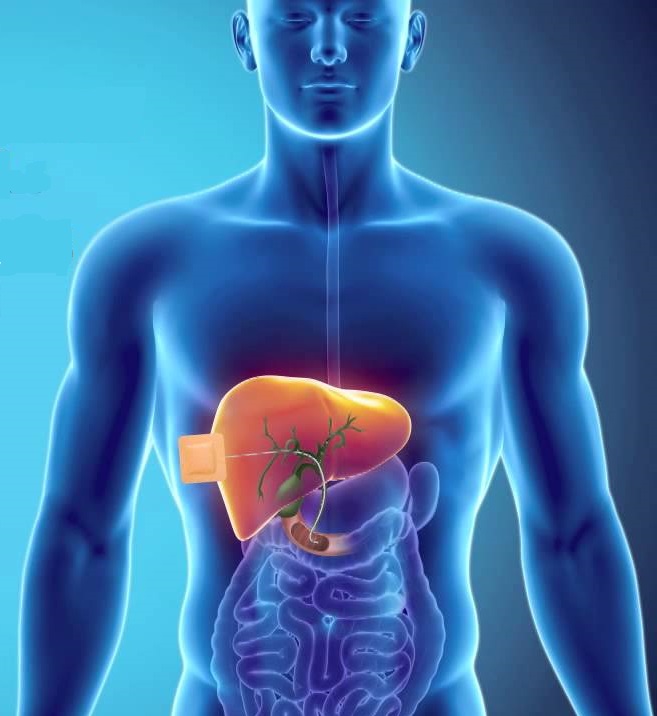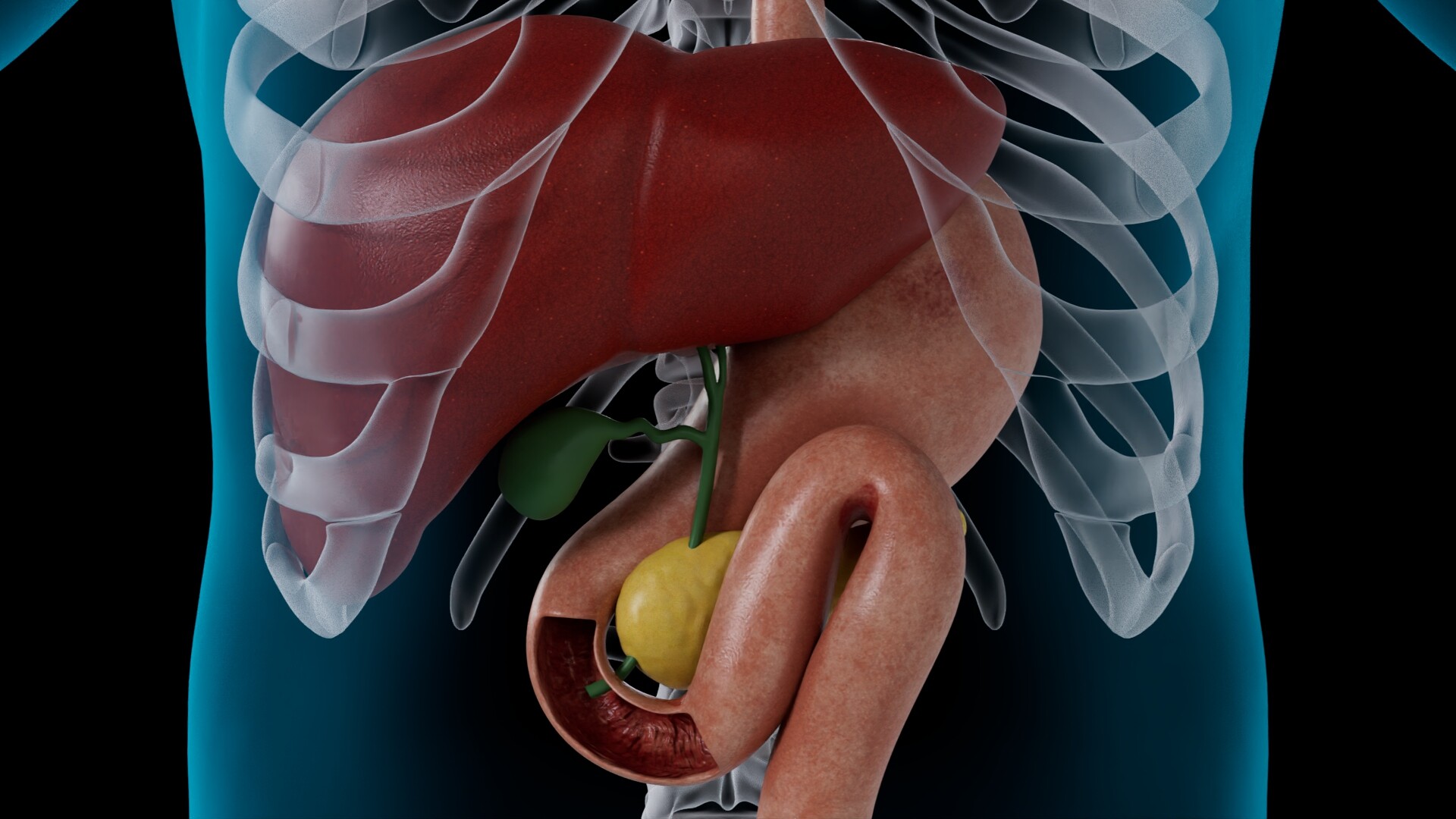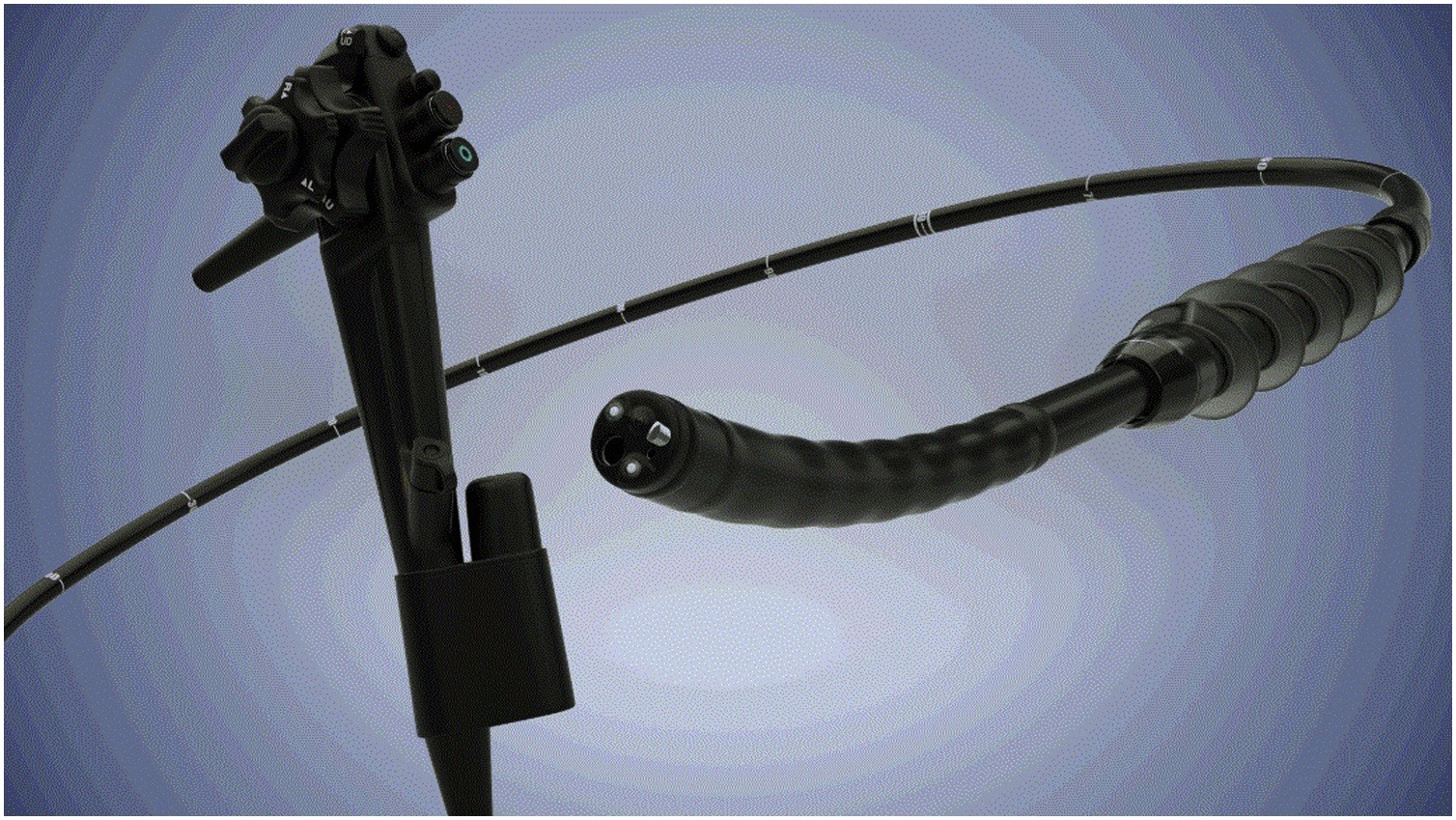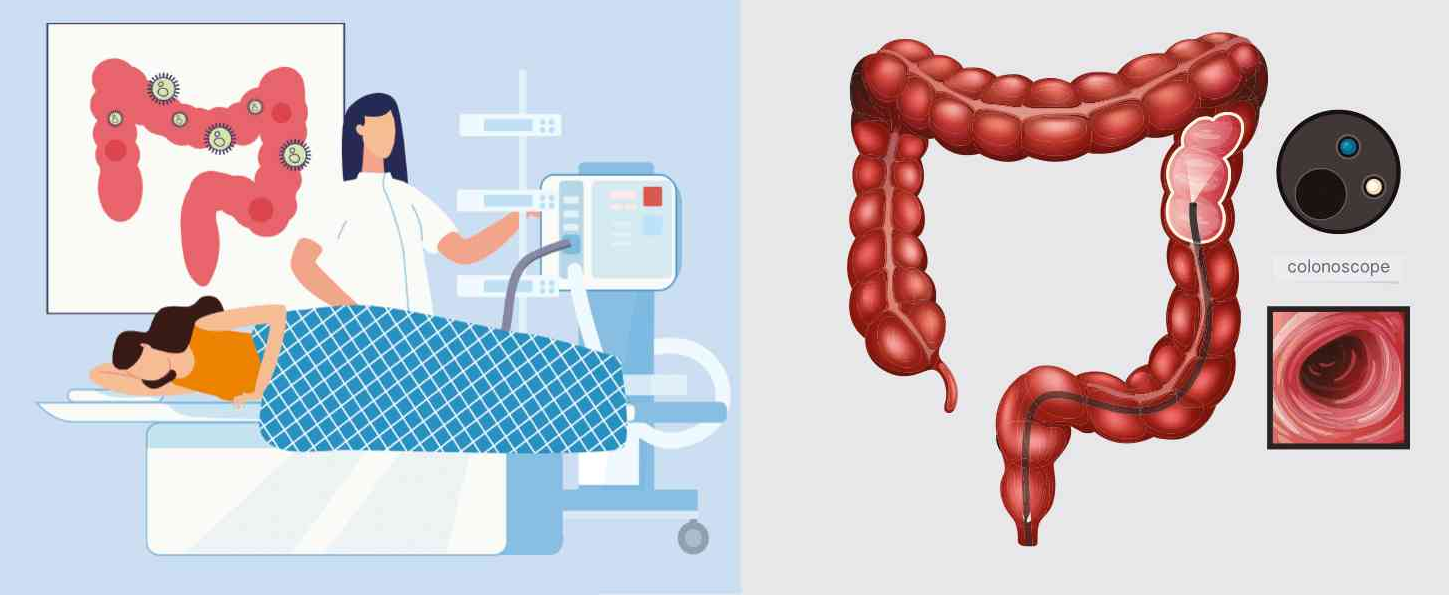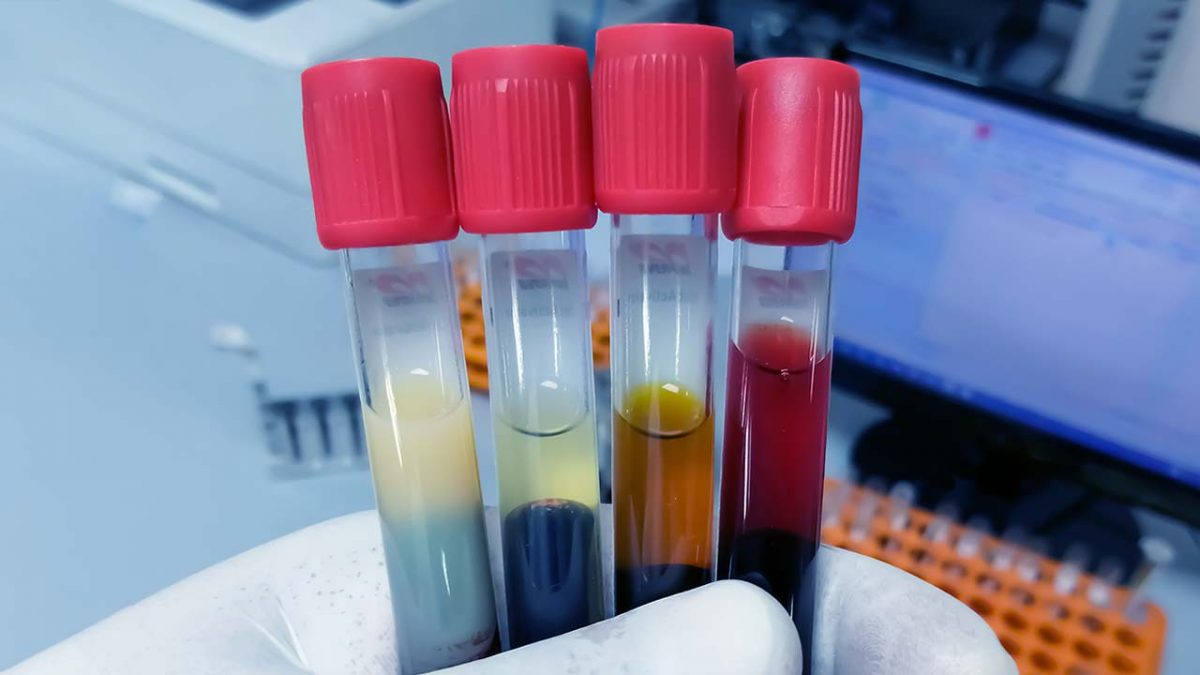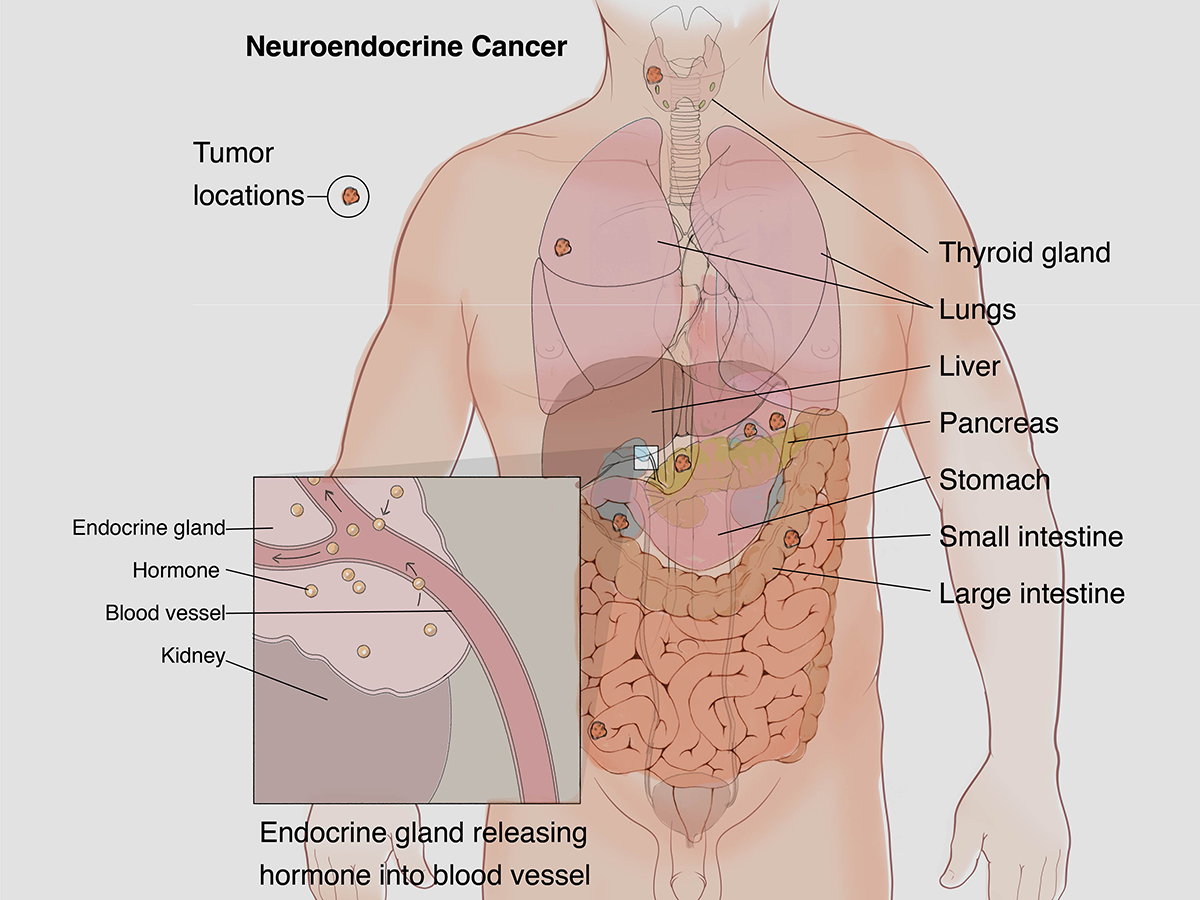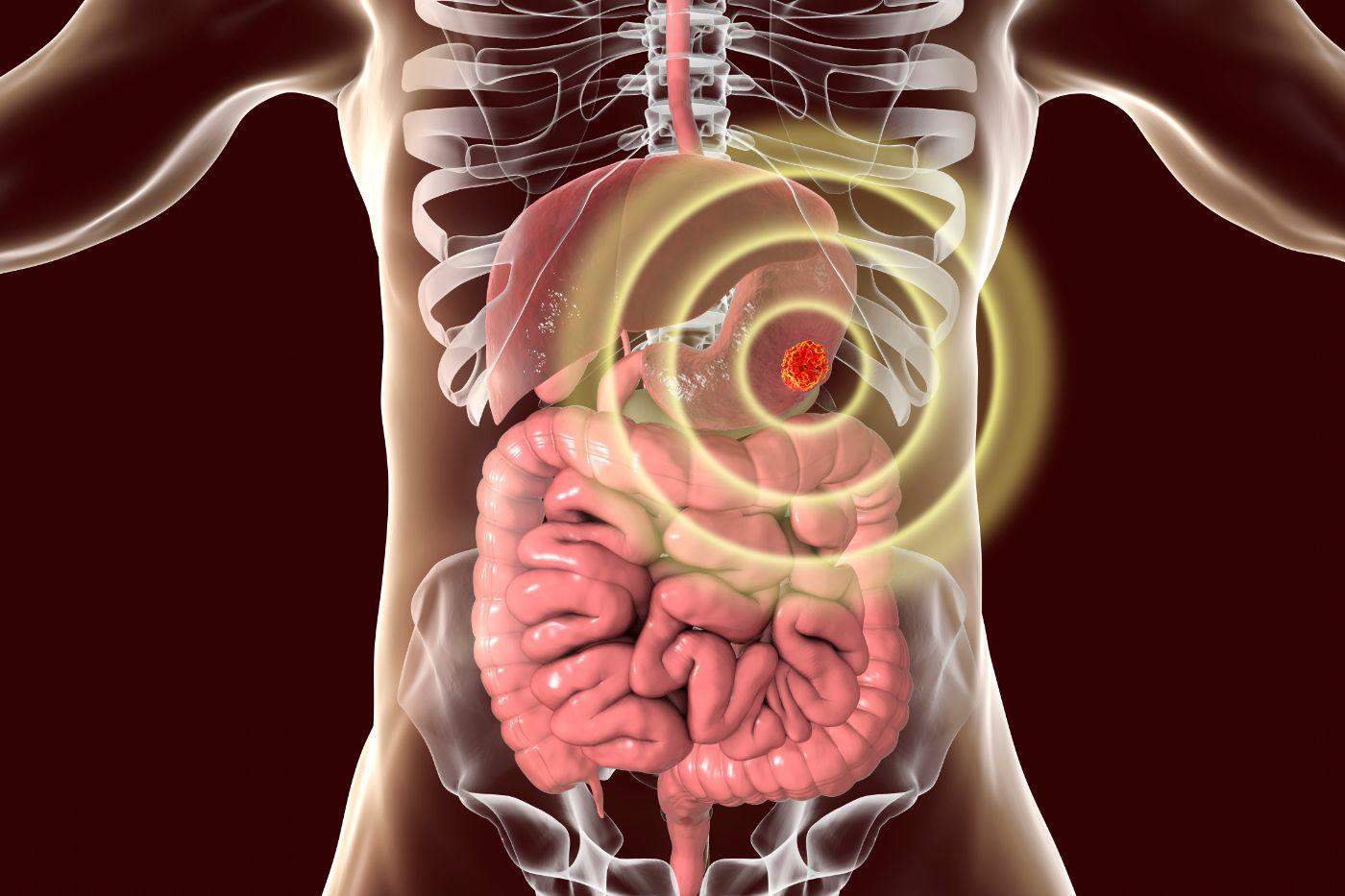GIST Cancer, GIST Cancer Surgery
GIST Cancer- Things to know prior to surgery
When diagnosed with GIST cancer, your doctor will suggest different treatment options depending upon the tumor’s size, location and other factors.

This guide will help you learn more about GIST cancer surgery.
Goal of Cancer Surgery
Depending on your cancer type and stage, our goals for treatment are:
- Cure : This is the most important goal of cancer surgery. In fact as a cancer patient you are also strongly willing to have cure of cancer for forever. For most of the Liver & Gastro-intestinal cancers perhaps surgery is the first step for cure. Radiation &/or Chemotheray may be advised as an additional tool to achieve this goal.
- Control : If your cancer is at a later stage or if previous treatments have been unsuccessful, we aim to control your cancer by removing as much as safely possible. Once you recover from surgery, radiation or chemotherapy is advised as important tool to control your cancer.
- Comfort : If you have an advanced stage of cancer or one that hasn't responded to treatments and having symptoms because of tumor i.e pain, jaundice, vomiting, bleeding either in vomitus or in stool, then our multi-specialist team work together to sure you are free of pain and other symptoms.
Role of Surgery for Cancer treatment
Surgery can be done for many reasons for treatment of cancer.
Diagnostic & Staging Surgery
This type of surgery is used to take out a piece of tissue (biopsy) to find out if cancer is present or what type of cancer it is. The diagnosis of cancer is made by looking at the cells under a microscope. Staging surgery is done to find out how much cancer there is and how far it has spread. The physical exam and the results of lab and imaging tests are used to figure out the clinical stage of the cancer. But the surgical stage (also called the pathologic stage) is usually a more exact measure of how far the cancer has spread. Examples of surgical procedures commonly used to stage cancers, like laparoscopy or laparotomy.
Palliative Surgery
This type of surgery is used to treat problems caused by advanced cancer. It is not done to cure the cancer. For example, cancers of intestine may grow large enough to block off (obstruct) the intestine, or tumor is bleeding and unable to control bleed by medical/endoscopic technique. If this happens, surgery can be used to remove the blockage/control bleeding.
How is surgery performed? (Special surgery techniques):
Open Surgery:
It is the Gold Standard approach for Liver & Gastro-Intestinal cancer. An incision is given on the belly depending upton the underlying location of tumor so that surgeon can directly approach the cancer on cutting the belly. Open Surgery help to remove tumor safely if its adherent to near by blood vessels or organ, that is otherwise difficult in laparoscopic surgery.
Laparoscopic Surgery
- A laparoscope is a long, thin, flexible tube that can be put through a small cut (incision) to look inside the body. In recent years, doctors have found that by creating small holes and using special instruments, the laparoscope can be used to perform surgery without making a large cut. This can help reduce blood loss during surgery and pain afterward. It can also shorten hospital stays and allow people to heal faster.
- The role of laparoscopic surgery in cancer treatment is not yet clear. Doctors are now studying whether it is safe and effective to use laparoscopic surgeries for cancers of the stomach, colon, rectum & liver. It may prove to be as safe and work as well as standard surgery while cutting less and causing less damage to healthy tissues (being less invasive).
Biopsy of Cancer before Surgery
Biopsy is procedure to confirm the presence of cancer. It’s not essential before surgery. Usually biopsy is performed when-
- Suspicion is cause other than cancer,
- When surgery cannot be done for cancer due to advanced stage of cancer or
- Patient is unfit to undergo surgery. In these situation, biopsy guides for further therapy.
If all investigations suggest that cancer can be removed in totality from body, then biopsy can be avoided in to minimize the risk of spillage of cancer cell during biopsy procedure.
There are variety of ways to perform biopsy:
Fine Needle Aspiration (FNA) biopsy
- Fine needle aspiration (FNA) uses a very thin needle attached to a syringe to pull out small bits of tissue. The needle is guided into the tumor by looking at it using an imaging test, like an ultrasound or CT scan.
- The main advantage of FNA is that there is no need to cut through the skin, so there is no surgical incision.
- A drawback is that in some cases the needle can’t take out enough tissue for an exact diagnosis. A more invasive type of biopsy (one that involves larger needles or a cut in the skin) may then be needed.
Core Needle biopsy
This type of biopsy uses a larger needle to take out a core of tissue and done under guidance of imaging test like an ultrasound or CT scan. The advantage of core biopsy is that it usually collects enough tissue to find out whether the tumor is cancer.
Excisional or Incisional biopsy
For these biopsies, the surgeon remove the entire tumor (excisional biopsy) or a small part of the tumor (incisional biopsy).
To consult with our experts, click below-

